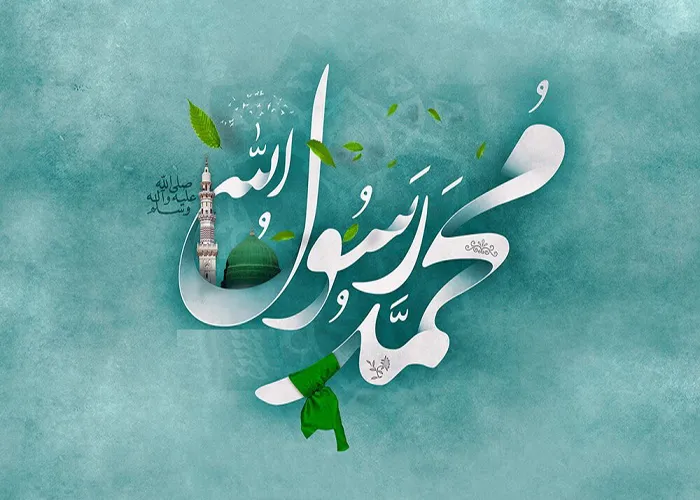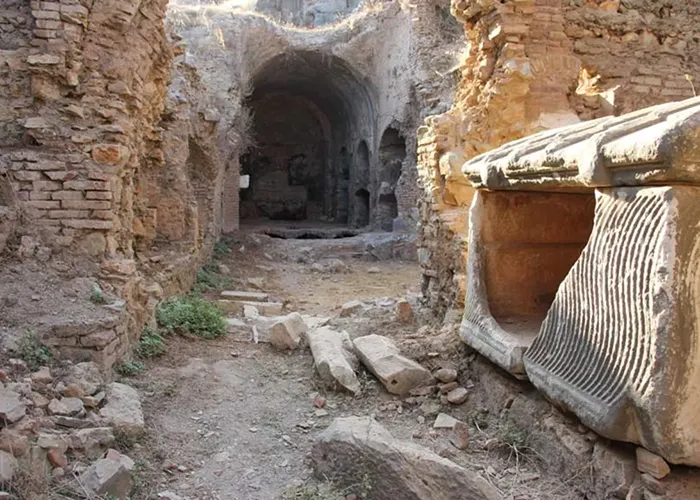Religious Outreach Experiences – Volume02 Issue33
Divine Subtlety and Differing Interpretations
(When an Old Hadith Reopened a New Wound)
Seyed Hashem Moosavi
Years ago, in one of the Islamic seminaries in Birmingham, UK, I shared a hadith of the Prophet Muhammad (peace be upon him and his family) that sparked an unexpected reaction.
The story goes like this: an elderly woman once asked the Prophet to pray for her to enter Paradise. The Prophet (pbuh) replied, “Old women do not enter Paradise.” The woman became upset. Bilal al-Habashi, who was present, saw her distress and reported it to the Prophet (pbuh). Then the Prophet (pbuh) made a similar comment about Black people, which deeply saddened Bilal, and he walked away with a heavy heart.
When Abbas, the elderly uncle of the Prophet (pbuh), saw Bilal’s sorrow, he approached the Prophet (pbuh) and told him what had happened. In response, the Prophet (pbuh) repeated the same phrase-but this time, about old men. Finally, the Prophet (pbuh) gathered the three- the old woman, Bilal, and Abbas-together, smiled, and said: “God will resurrect you all young and radiant and bring you into Paradise.”
My intention in sharing this story was to highlight the subtle mercy of God-how things that may seem harsh on the surface often conceal deeper beauty and compassion beneath.
But after class, a Black student approached me, clearly troubled. He asked, “Sir, what’s wrong with being Black that it has to be changed in order to enter Paradise?”
In that moment, I felt as if I had, for the first time, touched the unintentional blade of racial hurt. I realized that even narrating a historical hadith-without providing the cultural context of the Prophet’s time and the moral objective behind it-could wound someone’s heart.
It was in that diverse city, where over a hundred cultures coexist, that I learned my first major lesson in religious outreach:
“Preaching is not just about conveying texts–it’s about reading hearts.”
Key takeaways from this experience:
- Before narrating sensitive hadiths, always clarify their historical context and moral intent.
- In multicultural communities, listen carefully to the ethnic and racial pain of your audience before teaching.
Re-tell prophetic traditions in today’s language, emphasizing human dignity, rather than repeating archaic phrases that need explanation. Turn your mistakes into bridges. If your words cause pain, a sincere apology and a defenceless, open conversation can restore trust.
editor's pick
news via inbox
Subscribe to the newsletter.




